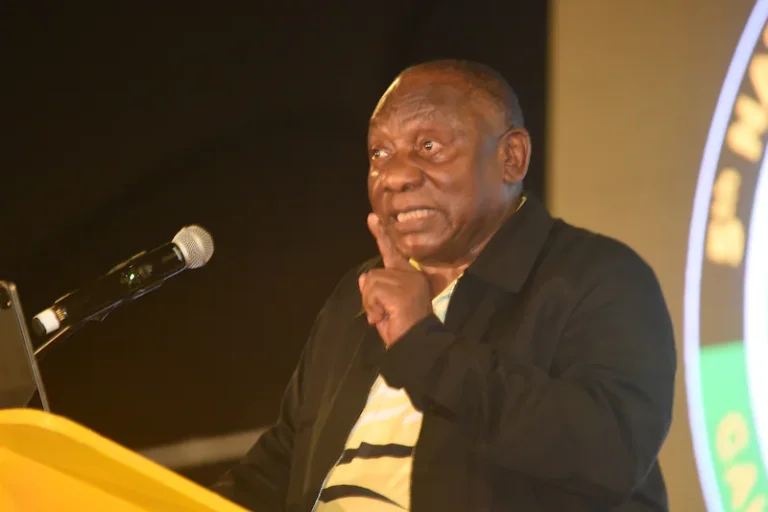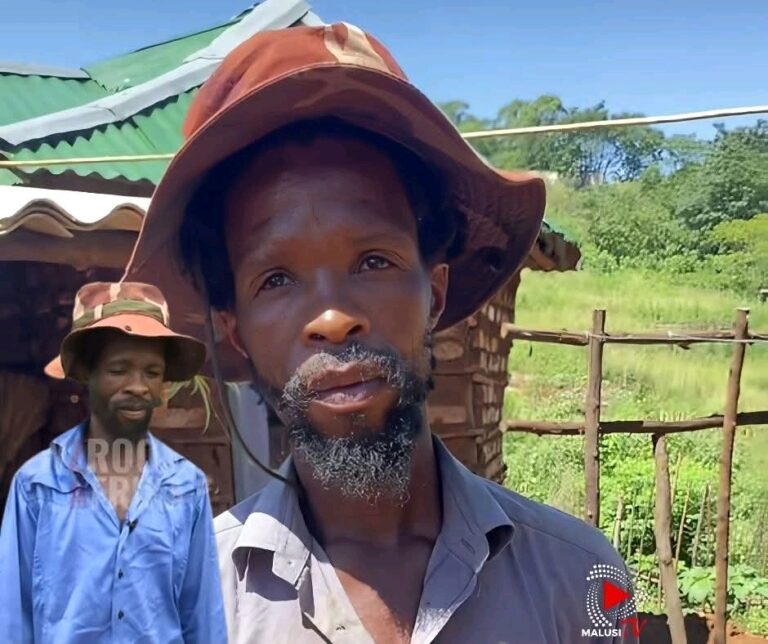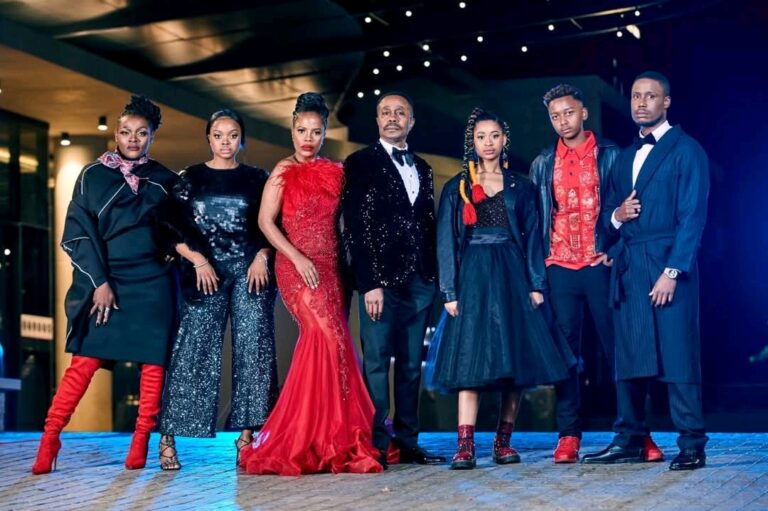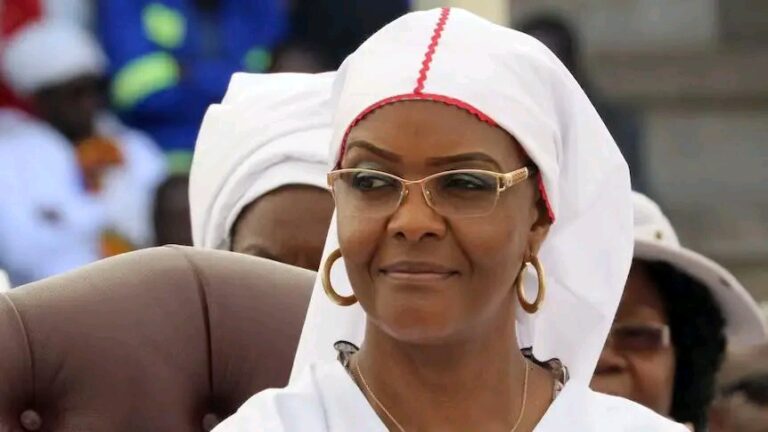
Economic Freedom Fighters (EFF) leader Julius Malema has called on men to take a firm stand in supporting and protecting women, warning that any man who fails to provide financial support to women is “irresponsible.” Speaking at a Women’s Day rally in Secunda, Mpumalanga, over the weekend, Malema emphasised that black women, in particular, deserve financial assistance due to the unique and compounded struggles they face.
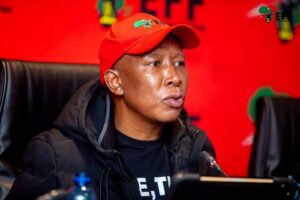
“Any man who doesn’t give women money is an irresponsible man,” Malema said to an applauding crowd. “Black women should be given money because they were oppressed three times more than us as men. They suffer because they are black, because they are women, and because they belong to the working class. For this triple oppression, we have a duty to compensate them.”
Malema’s remarks linked the call for financial support to the broader struggle against social ills, including gender-based violence, unemployment, and poverty. He urged men to recognise the burdens women carry and to step in with both protection and provision.
“When you see a black woman, understand that she carries heavy burdens on her shoulders,” Malema said. “Give her the necessary support. No man should lay a hand on a woman. We must protect them, respect them, and provide for them.”
He condemned men who use their strength and power to harm women, describing them as cowards. Instead, he called for a culture of respect, equality, and care.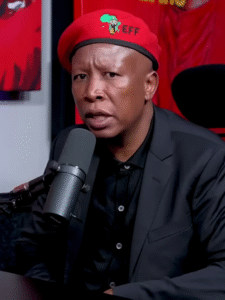
The EFF leader also turned his attention to the challenges faced by single mothers and children without present fathers. He criticised men who fail to pay child maintenance, saying they should be held accountable through strict measures, including economic blacklisting.
“An EFF government will ensure that all men who have neglected their children will pay maintenance. If they refuse, we will blacklist them so they cannot participate actively in the economy,” Malema vowed.
Addressing South Africa’s high unemployment rate, Malema highlighted the importance of empowering women through jobs and business opportunities. He stressed that women’s economic empowerment is a key strategy for reducing poverty and inequality.
“We cannot continue with a situation where the number of unemployed women is greater than that of men,” he said. “When you give women jobs and opportunities, they take care of the poor and the children in our townships and rural areas. When you give it to men, some misuse the resources irresponsibly.”
Malema concluded by reaffirming that women must be central to the fight against poverty.
“At the centre of defeating poverty is women empowerment. Empower a woman, and you fight poverty. Empower a woman, and you fight inequality. When a woman is employed, more than 10 people will benefit from her income,” he said.
Through his speech, Malema positioned women’s rights, protection, and empowerment as central to the EFF’s political vision, while holding men accountable for both the care and economic stability of women and children.


